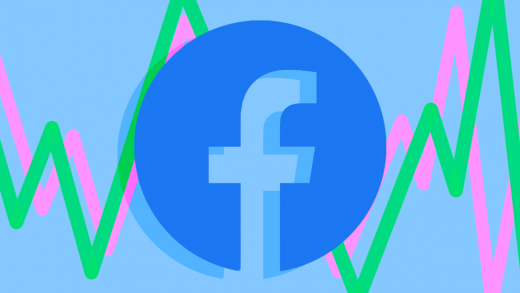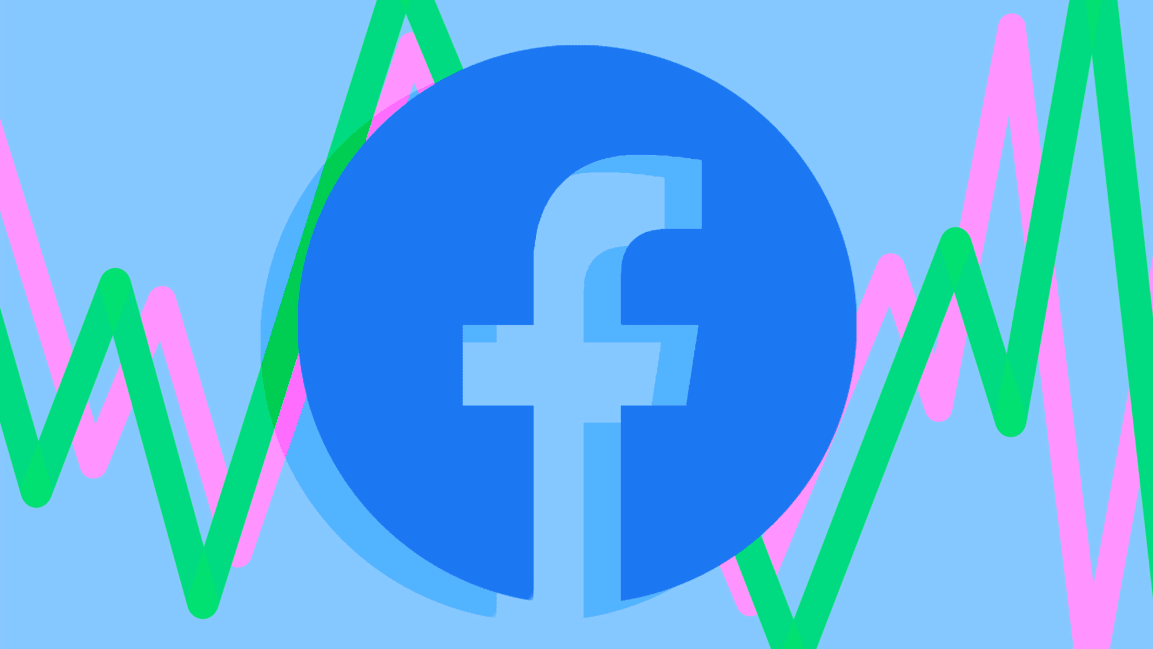Facebook sees a big jump in users during lockdowns, but advertising takes a hit
Your suspicions were correct. More people have been logging on to Facebook services as coronavirus lockdowns have kept us all trapped indoors, but the company’s advertising business—how it makes money—is taking a hit.
The social media giant posted is first-quarter financial results today, its first earnings report since COVID-19 was declared a pandemic. Acknowledging that the coronavirus and its ripple effects have created an unappealing new normal, Facebook offered a sobering assessment of its ability to project what its near future will look like.
“Our business has been impacted by the COVID-19 pandemic and, like all companies, we are facing a period of unprecedented uncertainty in our business outlook,” Facebook said in an earnings release. “We expect our business performance will be impacted by issues beyond our control, including the duration and efficacy of shelter-in-place orders, the effectiveness of economic stimuli around the world, and the fluctuations of currencies relative to the U.S. dollar.”
Here are the top-line numbers:
Due to uncertainty around the pandemic, the company said it would not provide guidance for the second quarter or the full year. “We experienced a significant reduction in the demand for advertising, as well as a related decline in the pricing of our ads, over the last three weeks of the first quarter of 2020,” Facebook said.
(May 09, 2020), Google parent Alphabet reported a similar situation, noting that the final weeks of its first quarter were especially tough on advertising, even as more people are flocking to its services. The story is likely a similar one for many advertising-dependent internet companies.
In Facebook’s case, a crucial question is whether its user bump will last after shelter-in-place restrictions are relaxed and people are slowly freed from their pandemic-imposed shackles. In a statement, eMarketer principal analyst Debra Aho Williamson expressed her doubts, saying, “The gains may be short-lived as people gradually get back to their normal lives and have less time—and reason—to log on to Facebook as frequently as they may have in Q1.”
(3)



